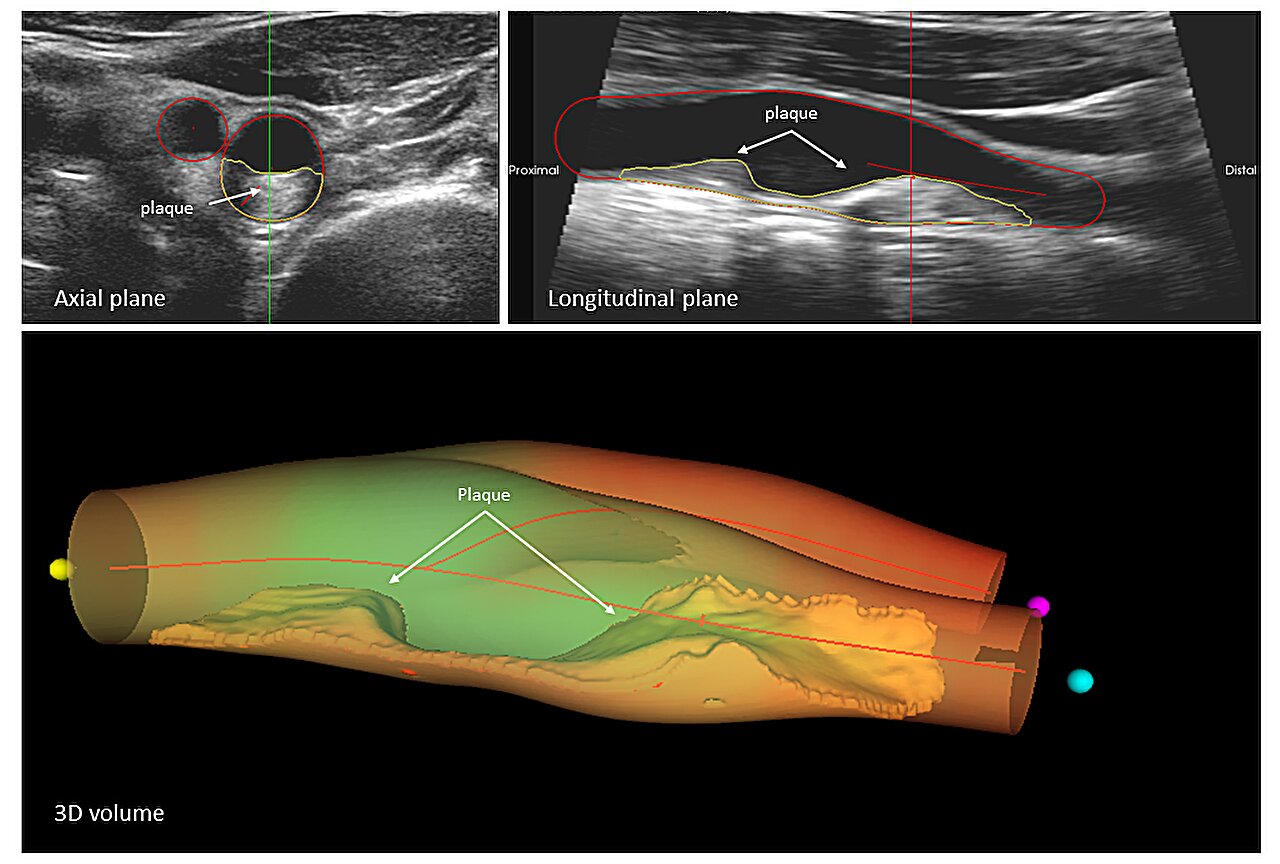
Performing percutaneous coronary intervention (PCI) significantly improved outcomes in patients with stable coronary artery disease (CAD) and severe aortic stenosis selected for transcatheter aortic valve implantation (TAVI), according to late-breaking research presented in a Hot Line session today at ESC Congress 2024. The NOTION-3 trial is simultaneously published in the New England Journal of Medicine.
“TAVI is being increasingly used to treat patients with severe aortic valve stenosis. Many of these patients also have CAD but whether patients should undergo PCI to treat CAD in addition to TAVI is uncertain due to their older age and risk of complications. We designed the NOTION-3 trial to investigate the efficacy and safety of PCI in addition to TAVI compared with conservative management using TAVI alone and found that PCI plus TAVI is in fact beneficial,” explained Principal Investigator, Dr. Jacob Thomsen Loenborg from the Copenhagen University Hospital, Copenhagen, Denmark.
The NOTION-3 trial was an open-label, investigator-initiated trial. Eligible participants had been selected for TAVI due to severe aortic valve stenosis and had at least one physiologically significant PCI-eligible coronary artery stenosis (fractional flow reserve [FFR] ≤0.80 or diameter stenosis >90% in a coronary artery ≥2.5 mm in diameter).
Patients were randomized in a 1:1 ratio to either complete revascularization with PCI in addition to TAVI or conservative management with TAVI alone. The primary endpoint was the composite of all-cause mortality, myocardial infarction (MI) or urgent revascularization until the last included patient was followed for 1 year after TAVI.
In total, 455 patients were randomized from 12 centers in Denmark, Finland, Latvia and Sweden. The mean age was around 81 years and 33% were female. The mean Society of Thoracic Surgeons risk score was 3%. Almost 60% of patients had angina symptoms (Canadian Cardiovascular Society grade ≥1). PCI was performed before TAVI in 74% of patients, concomitantly with TAVI in 17% and shortly after in 9%.
The incidence of the primary composite endpoint was significantly lower in the PCI group compared with the conservative group (26% vs. 36%, respectively; hazard ratio [HR] 0.71; 95% confidence interval [CI] 0.51–0.99; p=0.041) after a median follow-up of 2 years.
Significantly lower rates were observed with PCI compared with conservative treatment for MI (8% vs. 14%; HR 0.54; 95% CI 0.30–0.97; p=0.037) and for urgent revascularization (2% vs. 11%; HR 0.20; 95% CI 0.08–0.51; p
The rate of bleeding events—minor, major, life-threatening or disabling—was 28% in the PCI group and 20% in the conservative group (HR 1.51; 95% CI 1.03–2.22).
“NOTION-3 has answered an important clinical question, demonstrating that TAVI patients with CAD can derive considerable benefits from PCI, driven by reductions in MI and urgent revascularization. We suggest that performing PCI should be the recommended treatment for patients undergoing TAVI that have CAD, but the final decision should be made based on the patient’s age, comorbidities, life expectancy and their bleeding risk,” concluded Dr. Loenborg.
More information:
Jacob Lønborg et al, PCI in Patients Undergoing Transcatheter Aortic-Valve Implantation, New England Journal of Medicine (2024). DOI: 10.1056/NEJMoa2401513
Citation:
Trial investigates how to manage coronary artery disease in patients undergoing valve implantation (2024, September 3)
retrieved 3 September 2024
from https://medicalxpress.com/news/2024-09-trial-coronary-artery-disease-patients.html
This document is subject to copyright. Apart from any fair dealing for the purpose of private study or research, no
part may be reproduced without the written permission. The content is provided for information purposes only.


